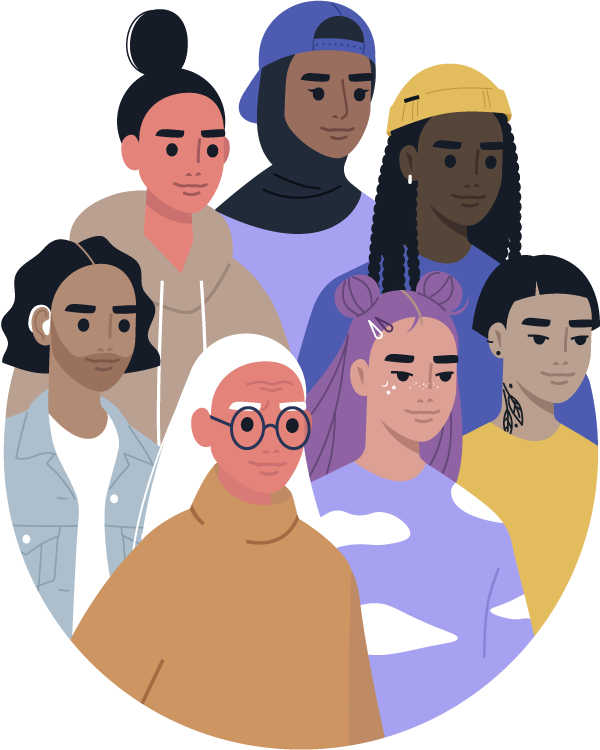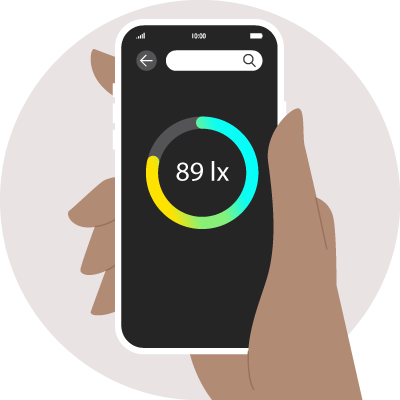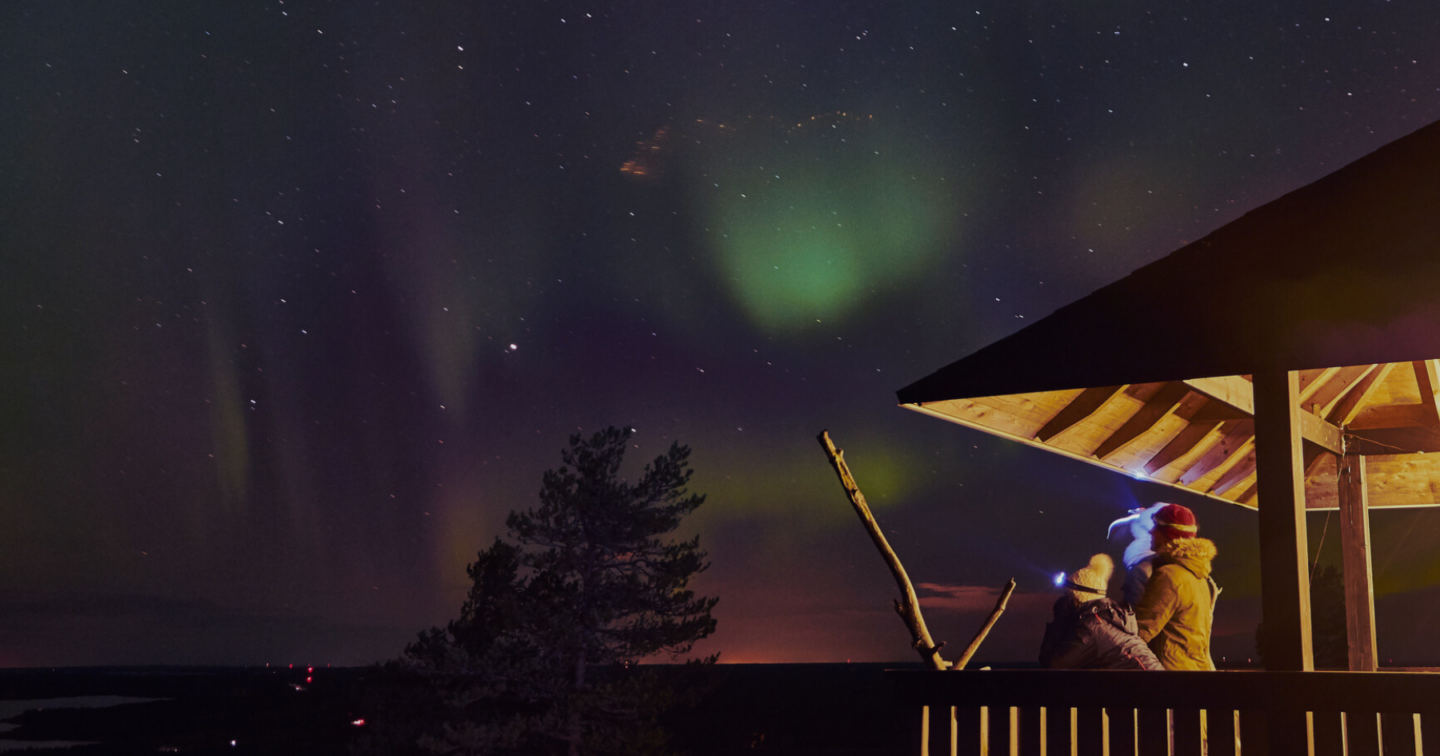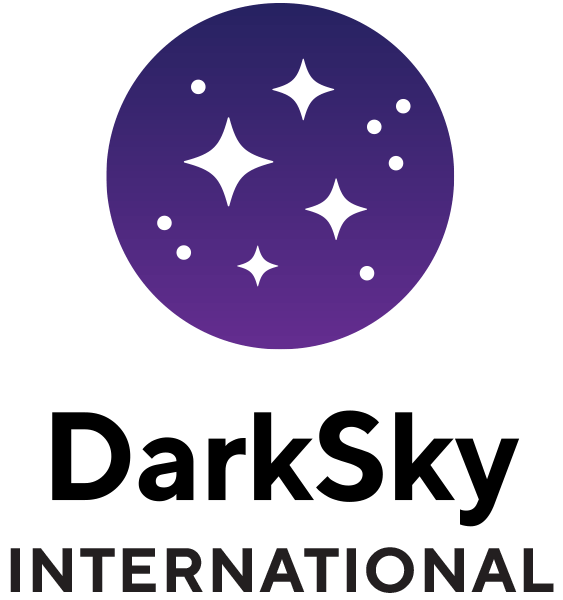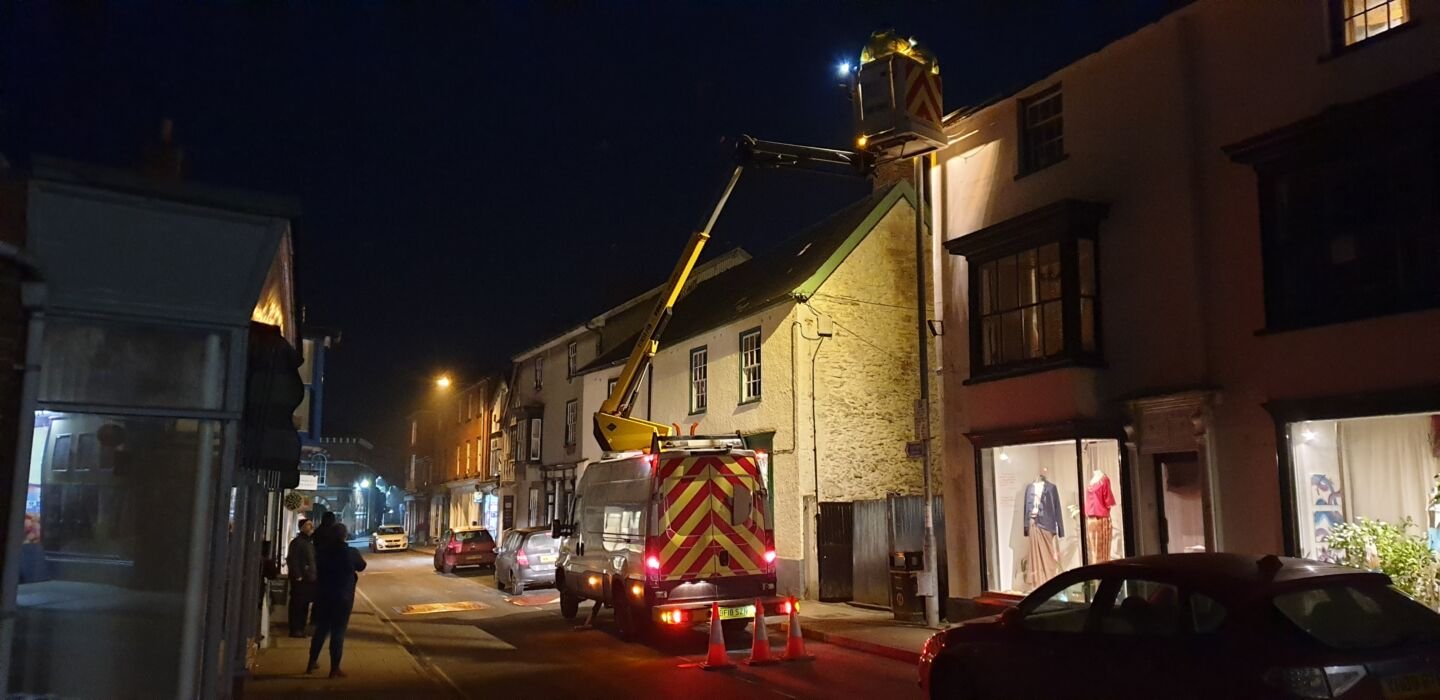
Events

DarkSky-presented events
We produce four annual events:
- International Dark Sky Week
April - DarkSky Awards
May–November - Capture the Dark Photo Contest
Temporarily postponed - Under One Sky Global Conference
November
And we have a monthly series of virtual talks for DarkSky members:
- Night Matters
Monthly
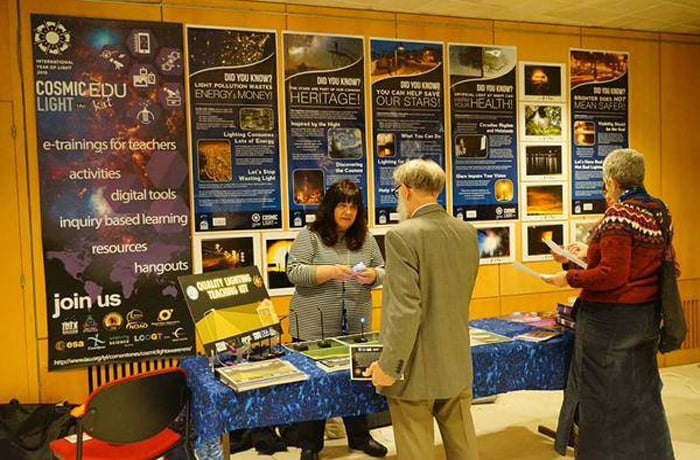
Other events
Chapters, Advocates, Delegates, Staff, and Board members are often invited to attend or even set up tables at events around the world, presented by other organizations.
Partner events
DarkSky supports these wonderful events presented by our friends and colleagues:
Globe at Night
Year Round
Every year, the Globe at Night international community science campaign, a program of NSF’s NOIRLab, raises awareness about the impact of light pollution by inviting community scientists to measure and submit night sky brightness observations. All you need is a computer, tablet, or smartphone! And their web app is available in 28 languages!
Lights Out Heartland
May and September
Presented by DarkSky Missouri Chapter
DarkSky Missouri spearheads a multi-state collaboration to encourage businesses and the public to turn off lights during spring and fall bird migration.
Earth Night
September 15–16, 2023
Earth Night is an event where people try to reduce artificial outdoor light as much as possible one night a year. This promotion always takes place on the Friday in September that is closest to the night of the new moon. From 10 pm at the latest, it’s time to turn off the lights! For a whole night.

International Astronomy Union Symposium #385 on Astronomy and Satellite Constellations: Pathways Forward
October 2–6, 2023
In-person registration deadline: August 22
Online registration deadline: September 17
If you are interested in:
- The latest news on the impact of satellite constellations on astronomy
- Meeting the people at the forefront of this work
- Sharing your efforts and knowledge in this area through networking or contributed presentations
- Helping to shape the next steps in protecting our dark and quiet skies from satellite constellation interference
Then please join us online or in person on the island of La Palma in the Canary Islands, Spain, from 2 to 6 October 2023 for the IAU Symposium #385 (IAUS385) on Astronomy and Satellite Constellations: Pathways Forward. The near-final program is available here. More poster presentations will be added soon.
See the website for more information, including registration. August 22 is the registration deadline to attend at La Palma either in person or virtually.
The symposium poster, created by the Instituto de Astrofísica de Canarias local organising staff, is here and can also be found online.
IAU Symposium 386

International Astronomy Union Symposium #385 on Astronomy and Satellite Constellations:
Pathways Forward
November 13–17, 2023
Registration deadline: October 15
The IAU356 symposium on “Dark Sky and Astronomical Heritage in Boosting Astro-tourism around the World” will be held in Addis Ababa, Ethiopia, in 2023.
The IAU386 symposium focuses on presenting research findings and sharing experiences to enhance the preservation and utilization of dark skies, discussing mechanisms for boosting Astro-tourism worldwide, and
exploring strategies for utilizing and investing in untapped dark sky
areas around the world.
The symposium also includes various side events beyond scientific
deliberations, such as the African Planetarium Workshop (APAW),
capacity-building and awareness creation training on ‘Dark Sky and
Astro-tourism’ for stakeholders in the tourism industry, as well as for
decision-makers and policy-makers. Public lectures will also be part of
the program.
Please visit the IAU386 website to learn more and register.
To register for the African Planetarium Workshop (APAW) click here.

Bat Week
October 24–31, 2023
Bats bring us some of the things we enjoy every day; they pollinate bananas, chocolate, tequila, and many other foods. Additionally, fruit bats help cultivate beautiful rainforests by dispersing the seeds of fruit trees. Many bat species are affected negatively by light pollution — artificial light exposes bats to predators when leaving rest sites (roosts), and causes them to abandon roosts altogether.

